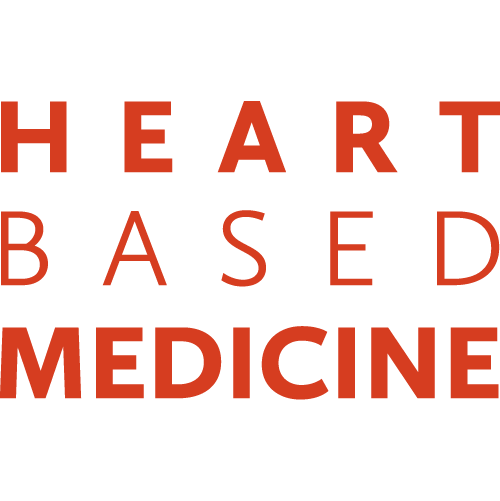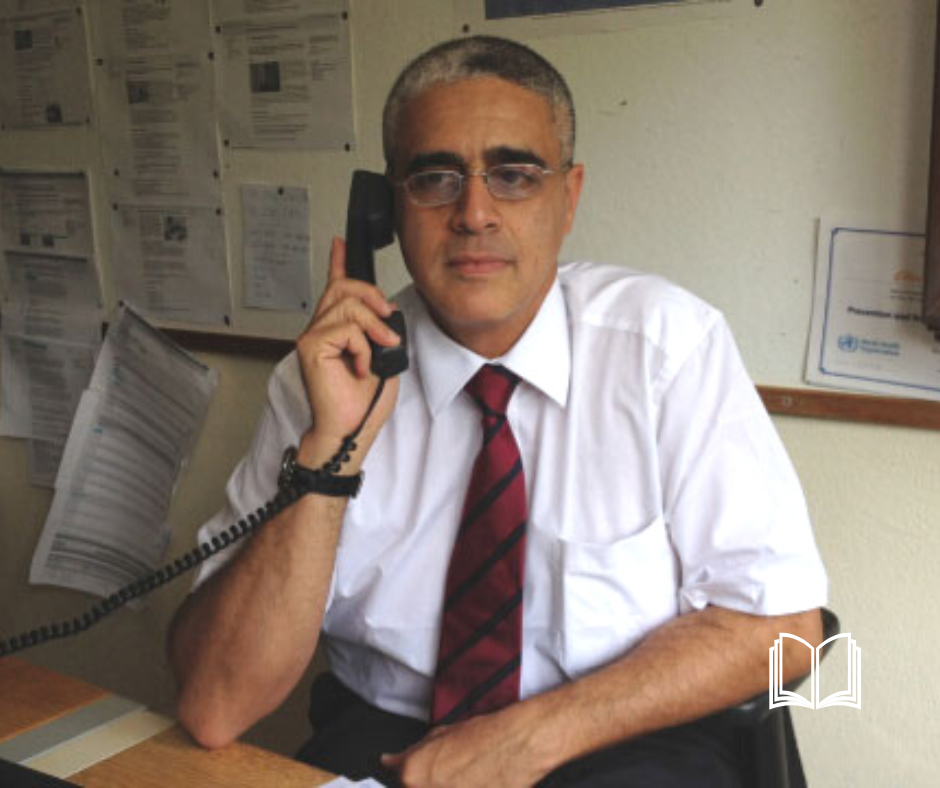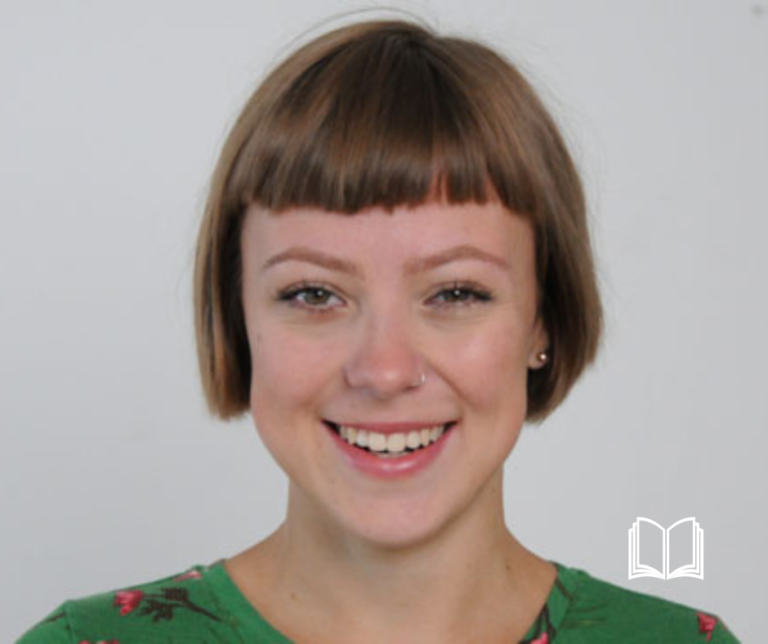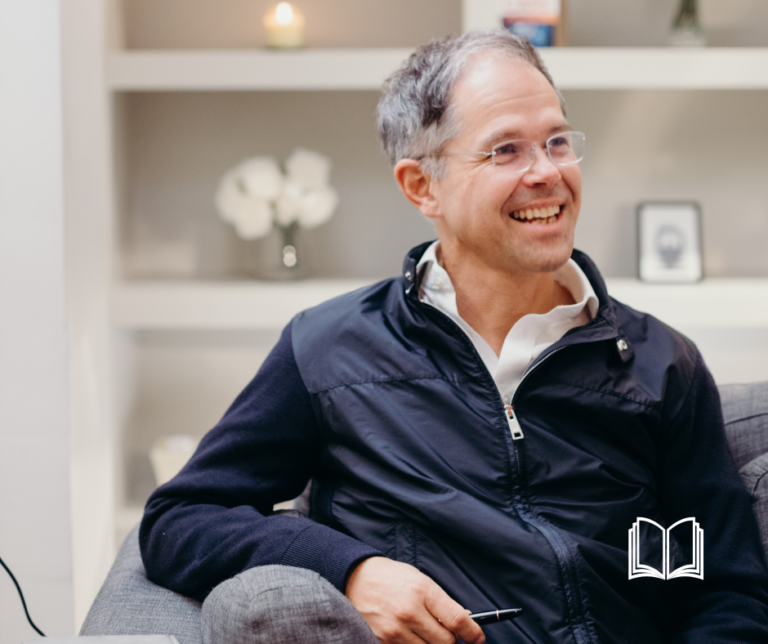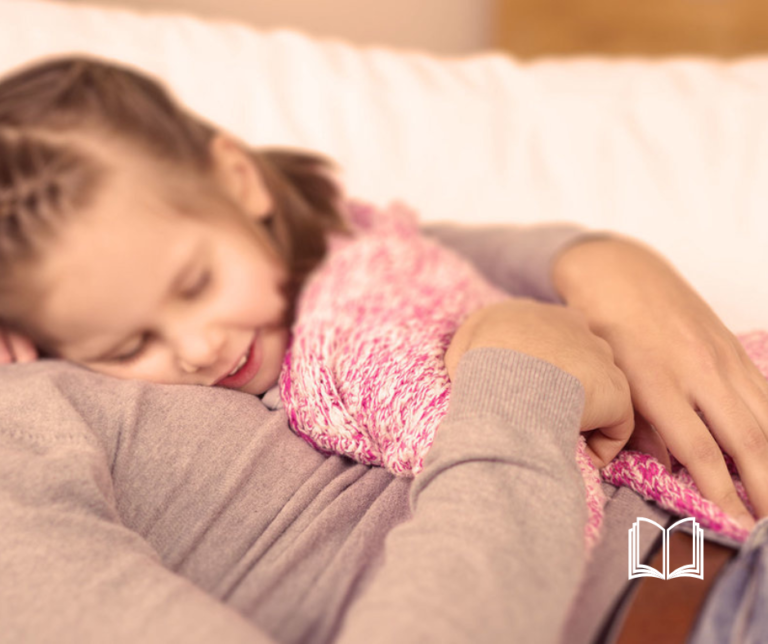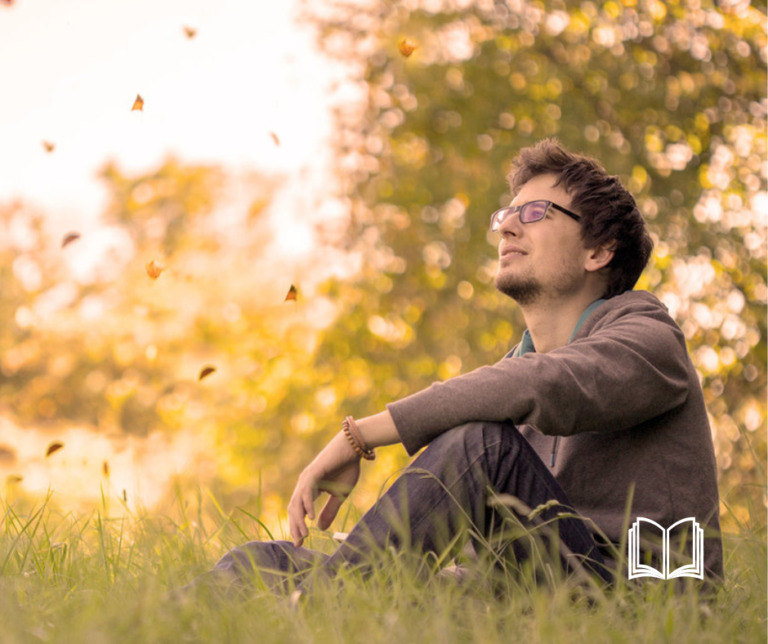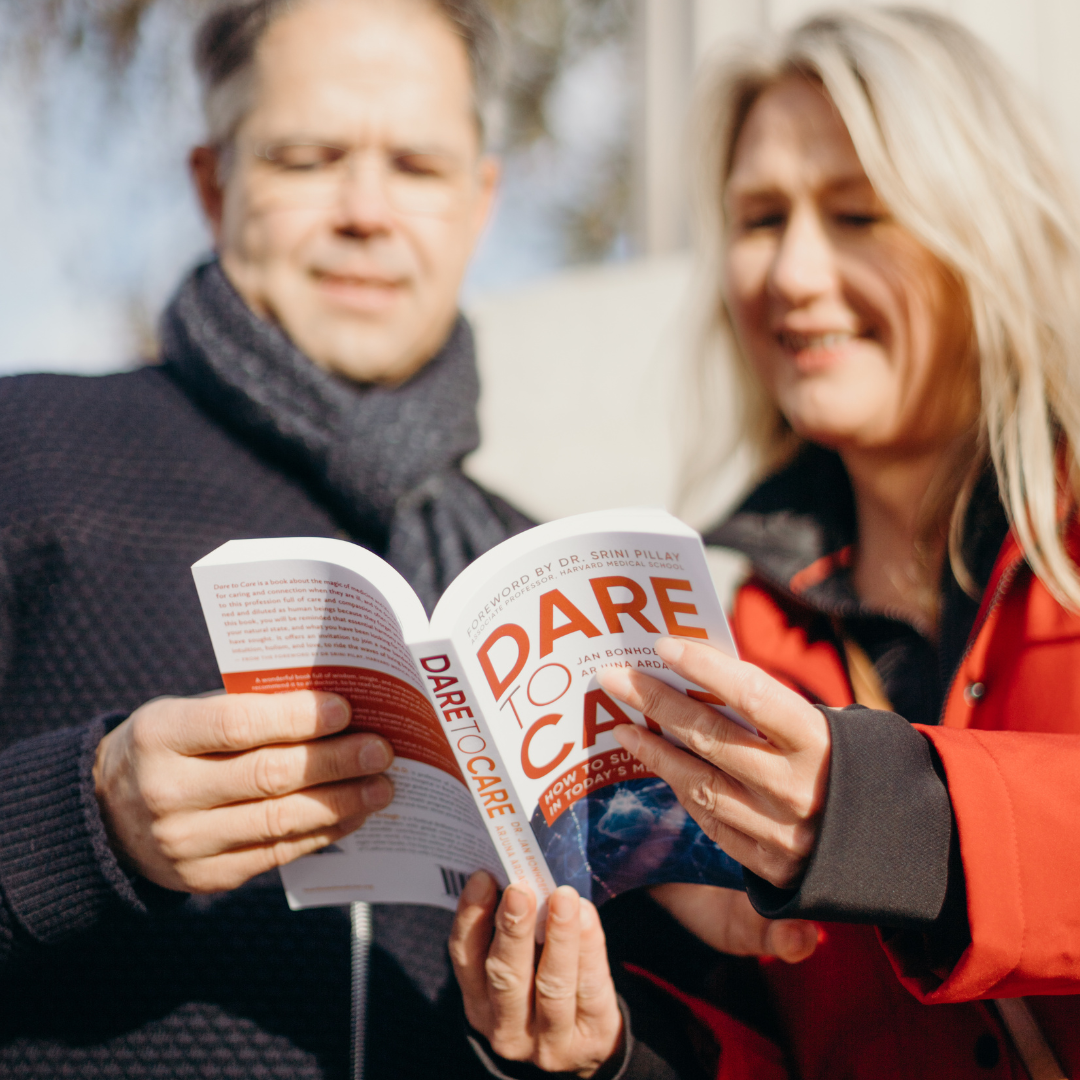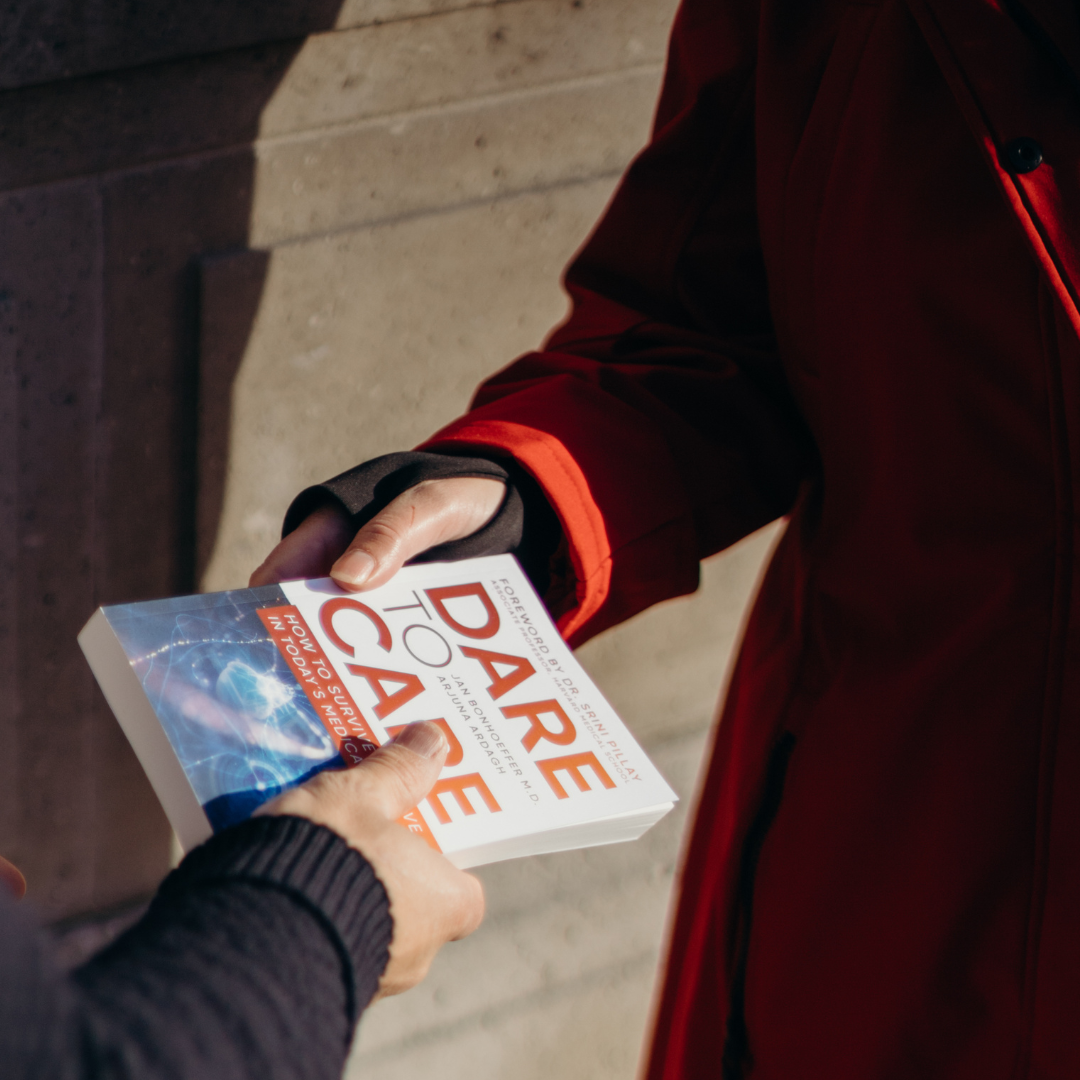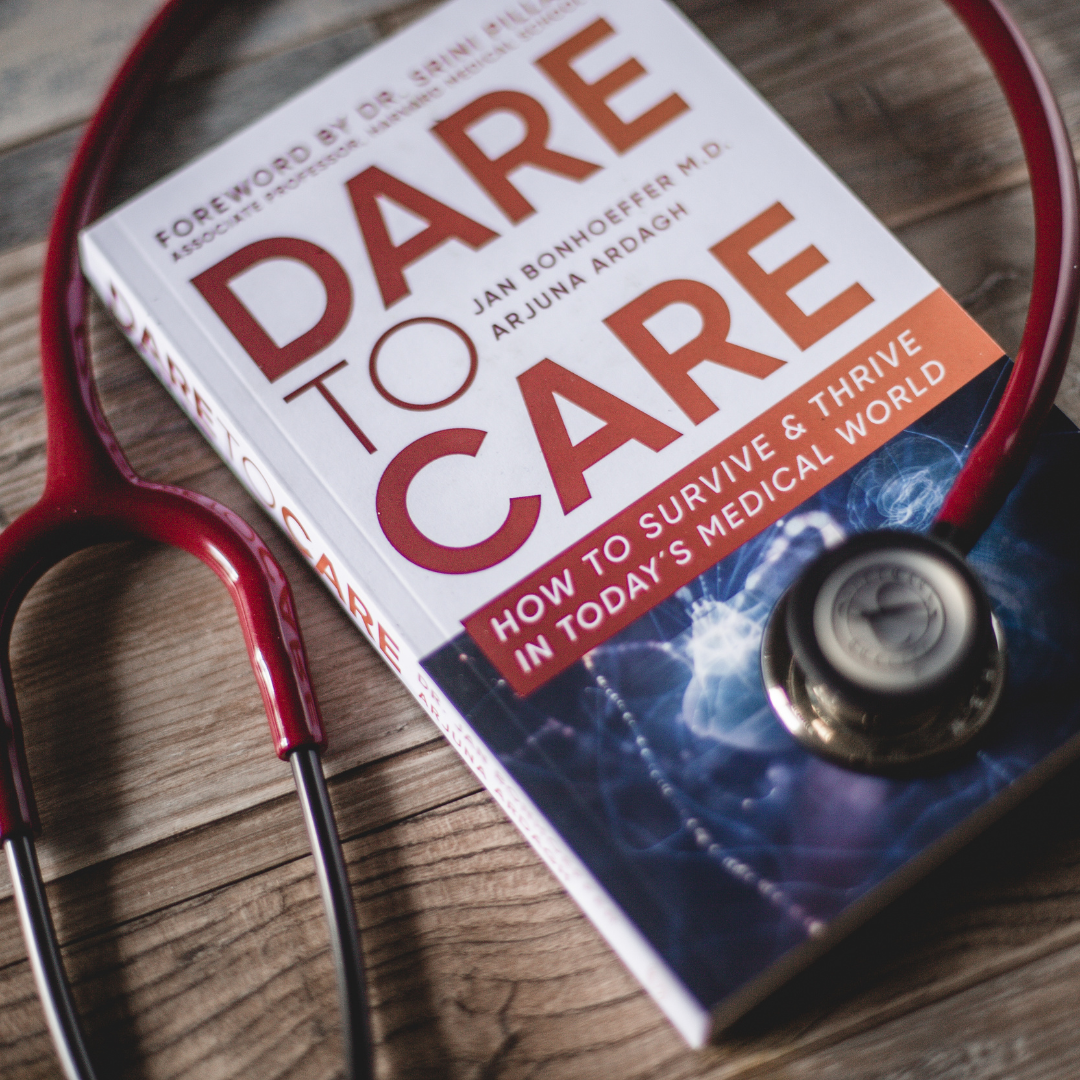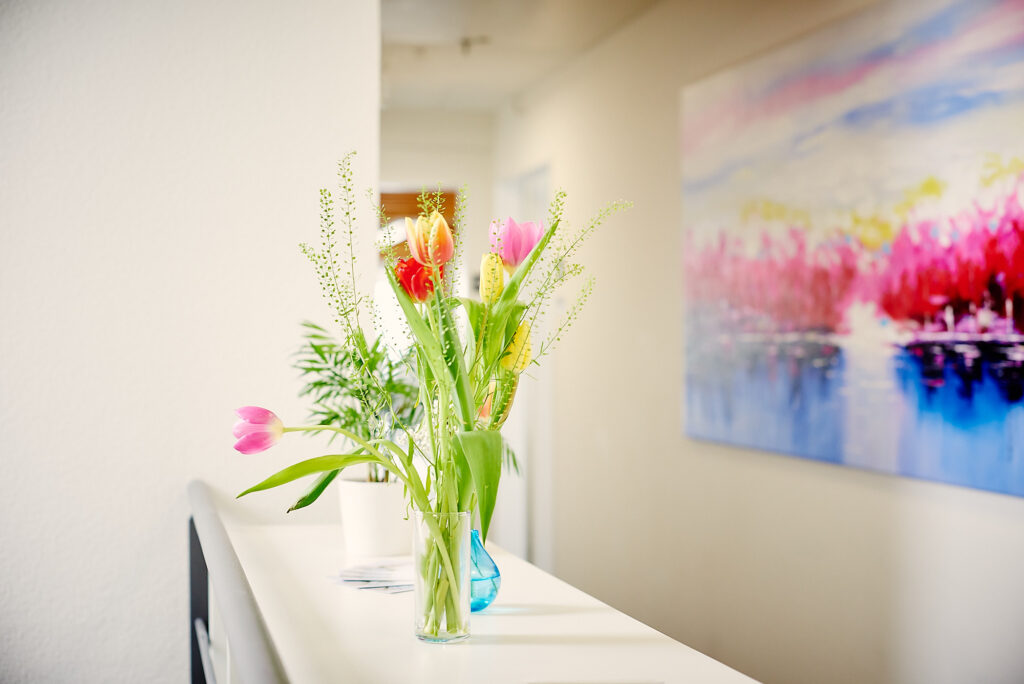I remember on one occasion, we were both in Geneva together, which is about three hours from where I live. After missing the last train home, after a long meeting at the World Health Organization, I was very sad because I wanted to get back to the family. I had promised to be home in time for a family event in the morning.
“You know what, Jan?” my friend said. “I can see the sadness on your face. Let’s jump in my car, and I will drive you to Basel.”
We spent three hours together in the car, and we arrived in the middle of the night. We had to open the front door very quietly, as the whole family was asleep. When we stepped inside, he saw three little pairs of shoes just inside the front door: the shoes of my children. He snapped a picture of them on his phone. We both went to sleep that night, and then early the next morning, after just a few hours of sleep, he got in his car and drove home to his family.
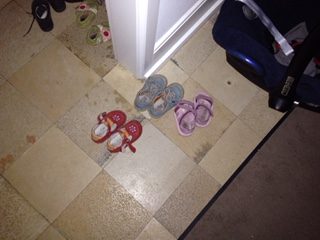 I’ve known my friend for many years, and he has always been a valiant warrior for social justice. He was a member of the Staff Association of the World Health Organization, where his job was to support the working conditions of people in the agency. He frequently had to point out situations that were inadequate or unjust and put them right.
I’ve known my friend for many years, and he has always been a valiant warrior for social justice. He was a member of the Staff Association of the World Health Organization, where his job was to support the working conditions of people in the agency. He frequently had to point out situations that were inadequate or unjust and put them right.
Over the years, he has been instrumental in many important innovations, and unconventional yet effective and efficient ways of getting opinion leaders and policymakers together around the table to achieve seemingly impossible outcomes. He was able to bring together the rich and the poor, the pharmaceutical industry with the regulators, and the public health agencies with the academics, all sitting around the same large table to come to actionable agreements serving huge populations. In the face of injustice, he was unforgiving. He would sacrifice everything for what was true and right.
I remember the time of the Ebola breakout. People were dying like flies. They had developed a vaccine, but it was tied up in red tape. He was instrumental in bringing together the regulators with the manufacturers and the public health agencies at the same table. “I know it doesn’t usually work this way,” he announced. “I know the rules say we can’t license the vaccine right now, but we have to get it out because people are dying”. So they sat together and steered a burocractic mission impossible to serve the populations in need. His guiding principle was:
“I know the rules don’t allow for this, but let’s make it happen. It’s our human responsibility.”
He also pulled together a large grant to combat sexually transmitted disease, this initiated a huge effort particularly benefitting young women in low and middle-income countries. He dedicated years of his life to that. We also worked directly on the global vaccine safety blueprint, an initiative improving the safety of vaccines. He was working hard and much respected and loved by everyone involved.
We spent so many hours together, talking about what is really important in life, about our core values, and about what it takes to be led by compassionate kindness. He taught me so much about how to savor life. Once he was diagnosed with cancer and he knew he was going to die, he appreciated the value of every moment in a fresh new way. We met regularly on the phone, on Zoom, or occasionally in person. This was not as often as I would have liked, and now of course there is a part of me that feels sad that I did not prioritize this friendship more highly. I was too caught up in my own story and busy-ness to actually understand that he was leaving.
When I got the news that he had died, I wept. I spent some time alone. As a small tribute to him, I decided to go back to the WhatsApp thread where we had been having our conversations. I reread all his messages. And then, back in a message sent four and a half years ago I saw that he had sent me the picture he took that night, of the three little pairs of shoes. He had put a caption on the photograph.
“Jan, never forget this. Whatever you do. This is the center of your life, this is what is most important, and what really matters.”
Now my friend is dead. He leaves behind an extraordinary legacy of public service. He lived a life that was in every way exemplary. I respect him for all the great things he did, but actually what feels most valuable to me now, after he is gone, is that picture of the three little shoes, and the message he wrote to go with it.
